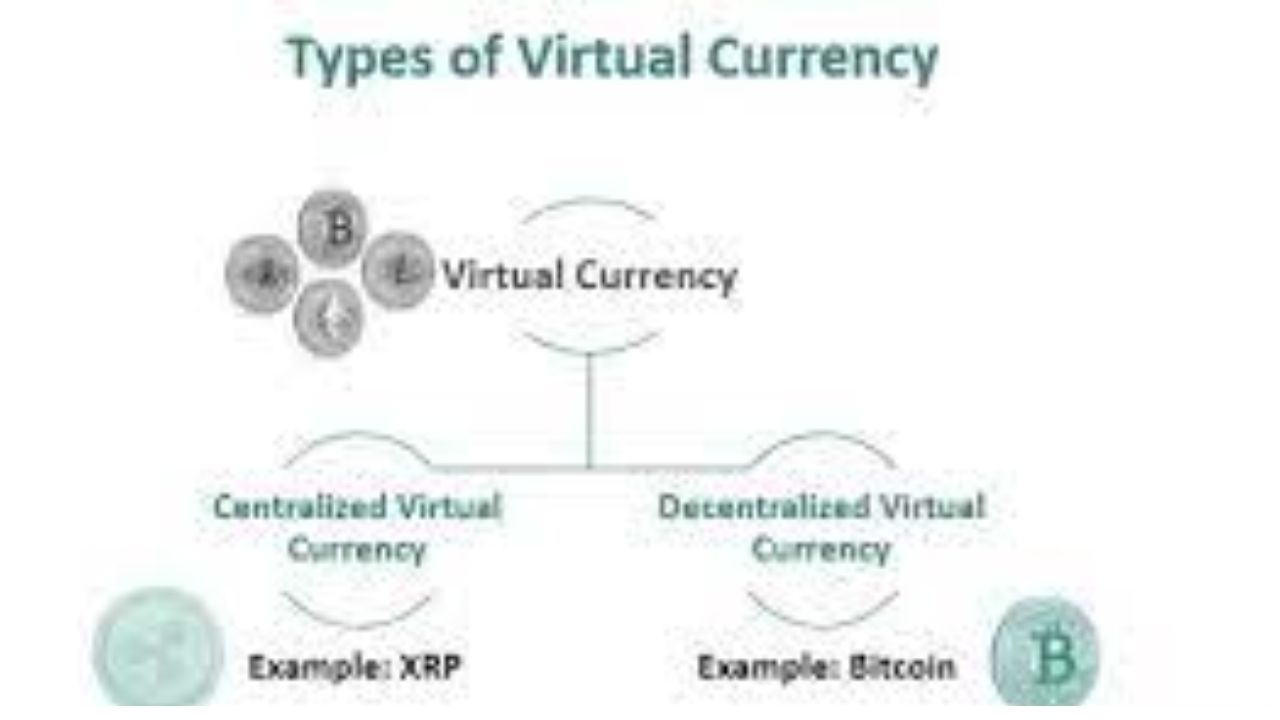Virtual Currency: Overview, Definition, Types & Advantages
Bitcoin is the most well-known virtual currency. It was created by an anonymous person or group of people under the name Satoshi Nakamoto in 2008.

Introduction of Virtual Currency
Virtual currencies are virtual or digital tokens that use cryptography to secure their transactions. Virtual Currency also controls the creation of new units. Like traditional currencies, virtual currencies are traded between individuals and can also be used to purchase goods and services. However, because virtual currencies are not legal tender, they are not governed by the same financial regulations.
What is virtual currency?
Virtual currencies are decentralized and open source, with no central authority or banks. They use blockchain technology to create an electronic ledger of all virtual currency transactions. This provides a transparent and secure way to manage and track the movement of money.
The most common virtual currencies are Bitcoin and Ethereum. Ethereum is a more recent phenomenon and is used to run smart contracts.
Read Also~Digital Currency: Definition, Types, Characteristics, Pros, Cons
As virtual currencies continue to grow in popularity, there is a risk of theft and fraud. Careful consideration should be given to whether virtual currencies are the best solution for your business. Before deciding, consider the risks and benefits of virtual currencies and decide whether they are the best way to meet your needs.
The history of virtual currencies
Virtual currencies are created and maintained by a network of miners. They are often used to purchase goods and services online and can also be used to invest in other virtual currencies. Bitcoin, for example, has been used to purchase items such as pizzas and physical goods.
Virtual currency is not backed by any government or central bank, and there is no physical coin or paper currency. However, many virtual currencies are traded on decentralized exchanges and can also be used to pay for goods and services.
Because virtual currencies are not backed by any government or central bank, they are subject to wild swings in value. This means that it can be difficult for investors to make a profit. However, because virtual currencies are not subject to capital controls, they are an interesting investment opportunity.
Read Also~Signal App: Signal Private Messenger Review-How Secure Messaging App Works
Bitcoin – the first virtual currency
Virtual currency is a digital or virtual representation of value that is not recognized by law as legal tender. Bitcoin, for example, is a virtual currency. You can use it to purchase items or services. Bitcoin is not a legal tender, but it is accepted as a form of payment by many merchants.
